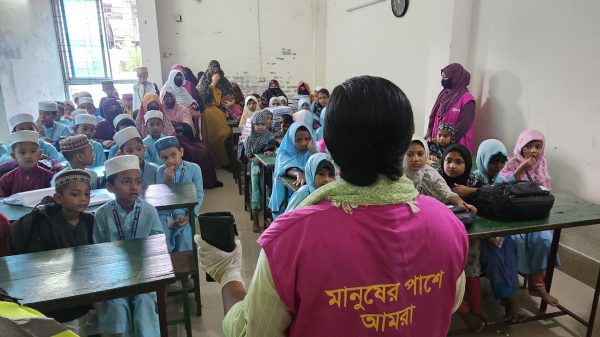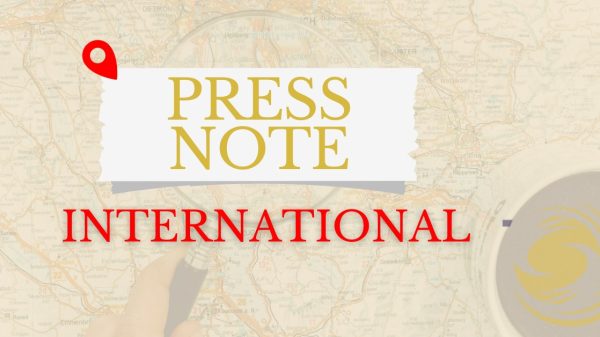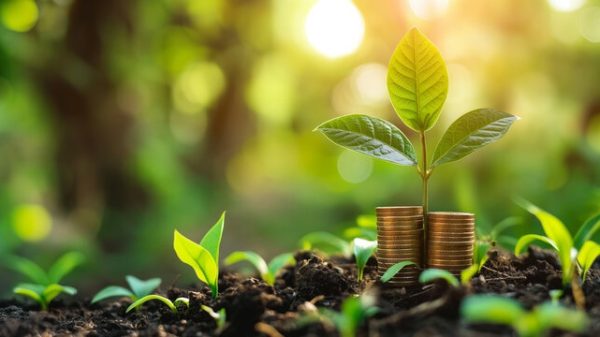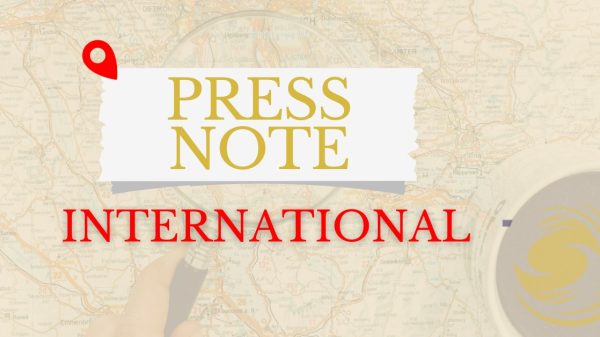Gas Tariff Hike of 33% for New Industrial Consumers Sparks Debate in Bangladesh

- Update Time : Sunday, April 13, 2025

The Bangladesh Energy Regulatory Commission (BERC) has raised gas prices by 33% for new industrial and captive power consumers. The move, effective immediately, aims to reduce the financial strain from the country’s heavy reliance on imported liquefied natural gas (LNG).
What’s Changing and Who’s Affected
Captive power consumers—businesses that produce their own electricity using gas—will now face the higher tariff. Existing users who exceed their approved gas limits will pay the new rate for the excess. Meanwhile, those with preliminary approvals for new connections will split their bills: 50% will be calculated at the old rate, the rest at the new one.
Pushback from Industry and Legal Questions
The decision stems from a proposal by Petrobangla, which had recommended a steeper hike to Tk 75.72 per cubic metre. That suggestion met strong opposition from industry groups and trade bodies, who warned it would discourage new investment and create an uneven playing field.

The Consumers Association of Bangladesh (CAB) has also voiced legal concerns, questioning whether it is lawful to charge different rates for the same category of consumer.
A Move to Cover a Massive Energy Deficit
BERC defends the price hike as necessary to manage a projected deficit of Tk 16,000 crore. Between July and September 2024, Petrobangla imported 1,726 million cubic metres of LNG at a cost of Tk 10,979 crore—equating to Tk 75.72 per unit after all charges.
Industry Worries Linger
Although the final increase is less than what was proposed, stakeholders remain wary. Many argue that dual pricing could deter fresh investments and raise operational costs. BERC, meanwhile, has urged gas distribution companies to improve efficiency and cut costs to ease the burden on end-users.









Leave a Reply